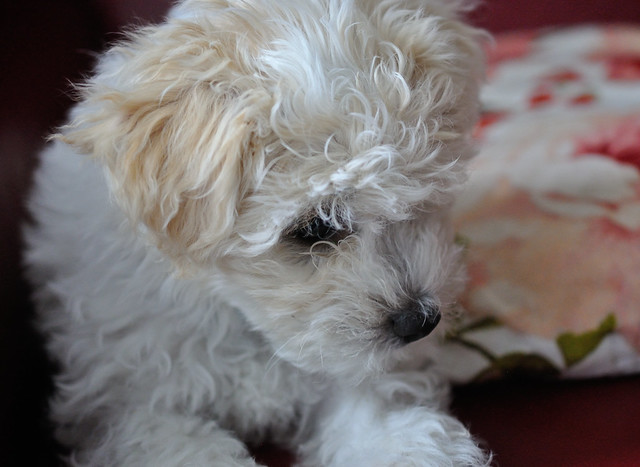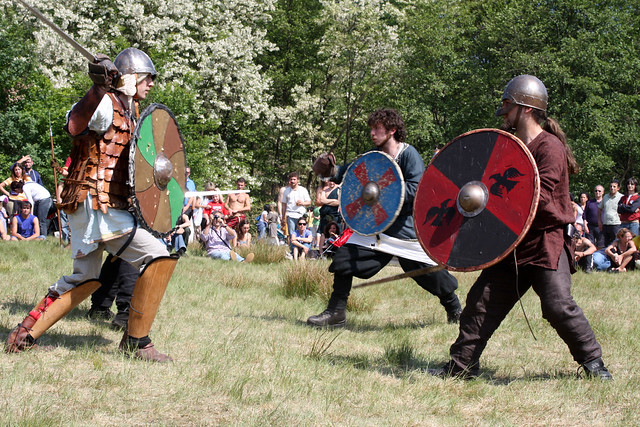Words for fat, lard and related things in Celtic languages.
Words marked with a * are reconstructions.
| Old Irish (Goídelc) | blonac = fat, lard |
|---|---|
| Middle Irish (Gaoidhealg) | blonac, blonoc = fat, lard, grease |
| Irish (Gaeilge) | blonag = soft fat, lard, blubber, paunch, spare tyre blonag an mhíl mhóir = (whale) blubber blonagach = fat, greasy, flabby blonagán = goose-foot |
| Scottish Gaelic (Gàidhlig) | blonag [bl̪ˠɔnag] = visceral fat, suet, lard, tallow blonag-mhuice = lard |
| Manx (Gaelg) | blonnag = lard blennick = fat, fatty tissue, lard, blubber blennick vuickey = lard |
| Proto-Brythonic | *blọneg, = fat, lard, grease (?) |
| Middle Welsh (Kymraec) | blonec, blonnec = fat, lard, grease |
| Welsh (Cymraeg) | bloneg = fat, lard, grease; belly, abdomen, lap, body fat; sap magu bloneg = to become fat meinwe floneg = adipose tissue blonegaf, blonegu, blonega = to grow fat, to make fat, to grease with far or lard blonegaidd = fatty, lardaceous, greasy |
| Old Cornish | blonec = fat |
| Middle Cornish (Cernewec) | blonec = fat, lard, grease |
| Cornish (Kernewek) | blonek = fat, lard, grease blonegek = greasy |
| Old Breton | blonecou = lard, fat |
| Middle Breton (Brezonec) | bloneg, blouhec, blounhec, blonec, bloanec = pork belly, fat blonegenn = fat bread, lard bread blonegenn-mor = jellyfish |
| Breton (Brezhoneg) | bloneg = addomen, lard, fat bloneg-mor = jellyfish blonegenn = fat bread, lard bread |
Etymology: possibly from Proto-Indo-European *bʰel (to swell, blow up). The Goidelic words might be borrowed from Brythonic [source].
| Proto-Celtic | *gʷeress/*gʷered- = animal fat, tallow |
|---|---|
| Old Irish (Goídelc) | geir = fat, lard, suet, tallow fogeir = to heat, warm, inflame, chafe, irritate, temper |
| Middle Irish (Gaoidhealg) | geir = animal fat, tallow, suet, lard fo-geir = to heat, inflame, chafe, irritate, excite, temper |
| Irish (Gaeilge) | geir [ɟɛɾʲ] = fat, suet, tallow geir rósta = dripping geireach = fatty, sebaceous |
| Scottish Gaelic (Gàidhlig) | geir [gʲerʲ] = fat, lard, tallow geir-mhuc = lard geireach = fatty, greasy, full of suet geireadh = anointing, smearing with grease |
| Manx (Gaelg) | geirr = dripping, fat, suet, tallow geirr vill = beeswax |
| Middle Welsh (Kymraec) | guer, gwer = animal fat, tallow, suet, grease |
| Welsh (Cymraeg) | gwêr = animal fat, tallow, suet, grease gwêr (yr) aren = suet gweraidd = tallowy, tallowish gwerennaf, gwerennu = to congeal or coagulate into suet fat gwerennog = fat, suety, lardy, greasy |
Etymology: from Proto-Indo-European *gʷʰer- (heat) or *ǵʰwer- (wild animal) [source].
Words from the same PIE roots include furnace, gore, thermal and warm in English [source], gor (to hatch, incubate, warm, heat, burn) in Irish [source]., and words for warmth and heat in Celtic languages.
| Old Irish (Goídelc) | sall, saill = bacon, salt-meat sallid = to salt, cure |
|---|---|
| Middle Irish (Gaoidhealg) | saill = salted meat (esp. bacon) |
| Irish (Gaeilge) | saill = salted meat, fat meat, fat; to salt, cure, season sailleach = fatty, adipose sailleadh = salting, curing sailleacht = saltiness (of meat, etc.) saillteoir = salter, curer |
| Scottish Gaelic (Gàidhlig) | saill [sail̪ʲ/sal̪ʲə] = to pickle, season; blubber, fat, suet saill-shùighte = saturated fat saill neo-shùighte = unsaturated fat saill nan dubhagan = suet saill bèicearachd = shortening saill muice-mara = blubber sailleadair = salter, fish-curer sailleadh = (act of) salting saillte = salted, salty saillear = (salt-)cellar |
| Manx (Gaelg) | sahll = adioise tissue, blubber, fat, grease sahllagh = adipose, blubbery, fatty |
Etymology: possibly from the Proto-Celtic *salanos (salt) , from Proto-Indo-European *séh₂ls (salt) [source]. Words for salt in Celtic and many other Indo-European languages come from the same roots [source]. Alternatively, related to the words below.
| Middle Welsh (Kymraec) | sỽyf, swyf = fat, tallow, suet |
|---|---|
| Welsh (Cymraeg) | swyf = fat, tallow, suet, scum, yeat, foam, froth swyfaidd = sebaceous, yeasty |
| Old Cornish | suif = fat |
| Middle Cornish (Cernewec) | soa = suet, tallow soath = fat, greasy |
| Cornish (Kernewek) | soov = suet, tallow |
| Old Breton | soiu = tallow, suet |
| Middle Breton (Brezonec) | soaff, soa = tallow, suet |
| Breton (Brezhoneg) | soav = tallow, suet (bread), octopus soavek = tallowy soavon = soap soavonek = soapy soavonerezh = soap factory |
Etymology: from Latin sēbum (tallow, grease, suet), from Proto-Indo-European *seyb- (to pour out). Words from the same roots include suet and sebum (a thick oily substance, secreted by the sebaceous glands of the skin) in English, suif (tallow, suet) in French, sego (tallow) in Italian [source].
| Middle Welsh (Kymraec) | seim, saym, saim = (rendered) fat, lard, grease, tallow |
|---|---|
| Welsh (Cymraeg) | saim, saem, sâm = (rendered) fat, lard, grease, tallow, suet, lubricant |
| Middle Cornish (Cernewec) | seym = grease, train-oil |
Etymology: from Middle English seym (grease), from Old French saim (fat) [source], from Vulgar Latin *sagīmen, from Latin sagīna (feasting, nourishment, corpulence), possibly from Proto-Indo-European *seh₂- (to satisfy). The French word saindoux (lard) comes from the same roots, as does saín (fist oil, lard) in Spanish, and sad and satisfy in English [source].
Sources: Wiktionary, Am Faclair Beag, Online Manx Dictionary, Teanglann.ie, eDIL – Electronic Dictionary of the Irish Language, In Dúil Bélrai English – Old Irish glossary, Geiriadur Prifysgol Cymru, Gerlyver Kernewek, Dictionaire Favereau, TermOfis, English – ProtoCeltic WordList (PDF), Etymological Dictionary Of Proto Celtic






